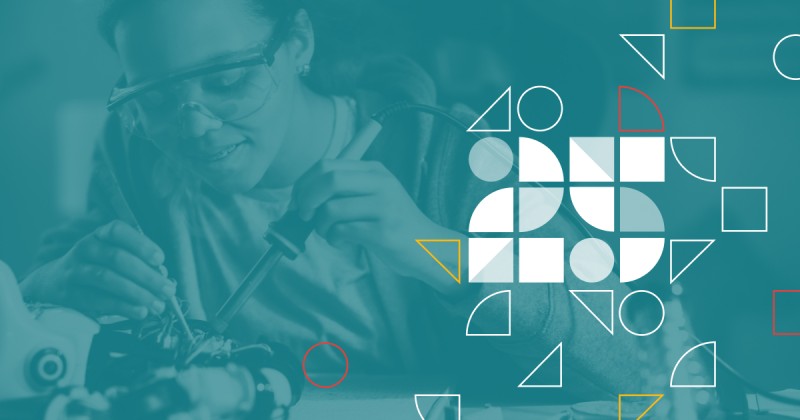
cApStAn joins forces with ACER and OAT to implement PISA 2025
For the 9th consecutive time, cApStAn will guide the translation and adaptation teams of all PISA participants in translating assessment instruments so that they remain comparable internationally. In this cycle, cApStAn will provide training and support to 90+ translation teams and ensure linguistic equivalence across 120+ locales (a locale is language-country combination).
PISA 2025 is the ninth survey cycle of the Organisation for Economic Co-operation and Development (OECD) Programme for International Student Assessment, the leading education survey that measures education outcomes around the world and links them to a variety of contextual variables, so as to provide relevant, meaningful and actionable data to education stakeholders and policy makers.
The Lead contractor for PISA 2025 is the Australian Council for Educational Research (ACER), with whom cApStAn has already partnered for 5 PISA cycles and for many other surveys and assessments. The delivery platform will be TAO, by Open Assessment Technologies (OAT). In close collaboration with ACER, OAT, and Translation Referee Béatrice Halleux, cApStAn’s role includes:
- evaluating the translatability of newly developed materials;
- producing a French source version in parallel with the English source version;
- designing and testing the translation, adaptation and verification workflows;
- preparing translation and adaptation guidelines and item-by-item notes;
- providing training and support to 90+ translation teams, so that they can make the most of an open-source computer-assisted translation tool;
- ensuring linguistic equivalence across 120+ locales;
- monitoring adherence to technical standards.
The cApStAn team looks forward to working together with some of the world’s most knowledgeable experts in educational assessment: we verified over 18 million words of content in 54 different languages in PISA 2022, and are in the starting blocks to assist all PISA Participants from the outset in PISA 2025, with a special focus on capacity-building in less experienced teams. cApStAn co-founder Steve Dept said that “PISA has been one of our flagship projects, a laboratory for best practice. Collecting gold standard data depends on applying gold standard methodology, and PISA continues to be the ideal setting to further improve, streamline and adapt translation and adaptation workflows and technology—in a production environment and on a very large scale. We are committed to maintaining equivalence of cognitive tests and questionnaires across languages, across delivery modes and over time.”